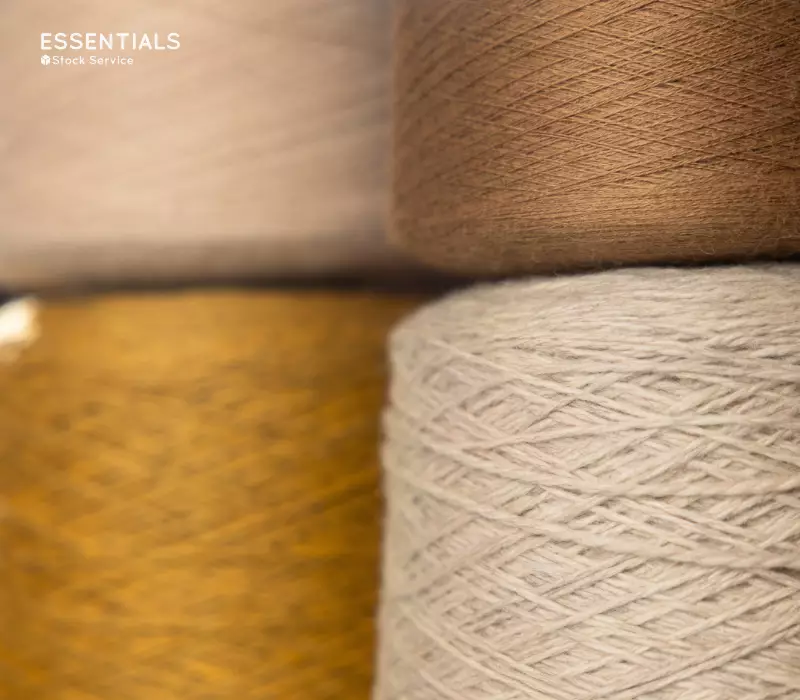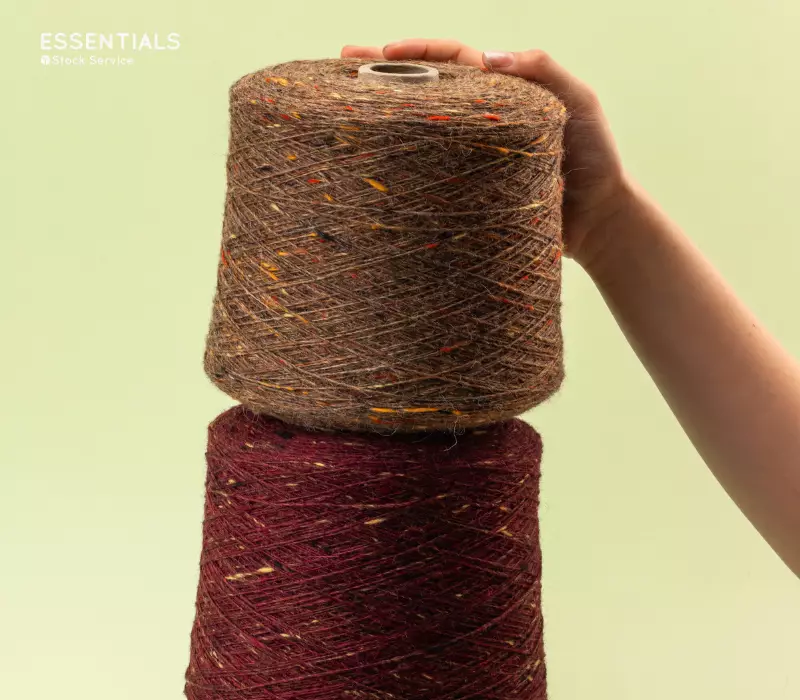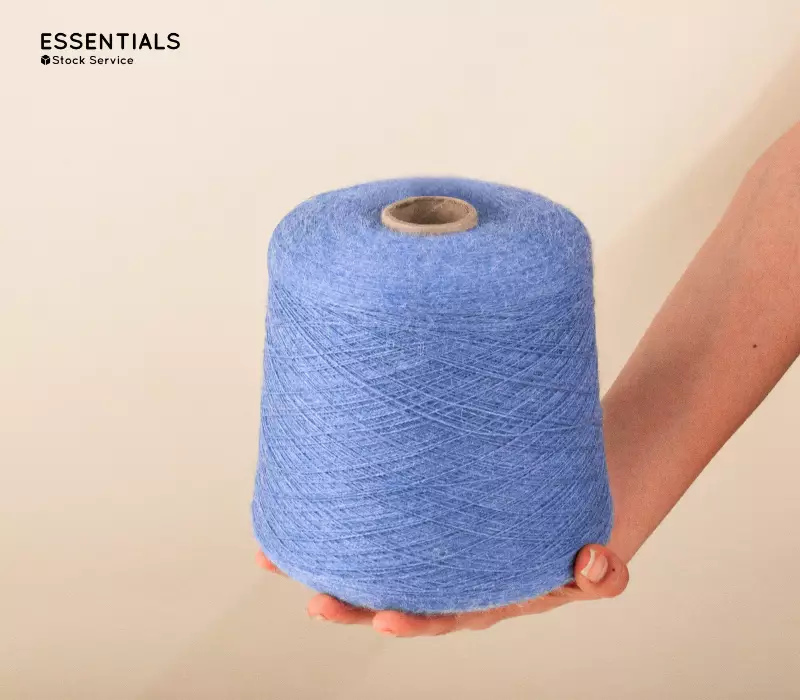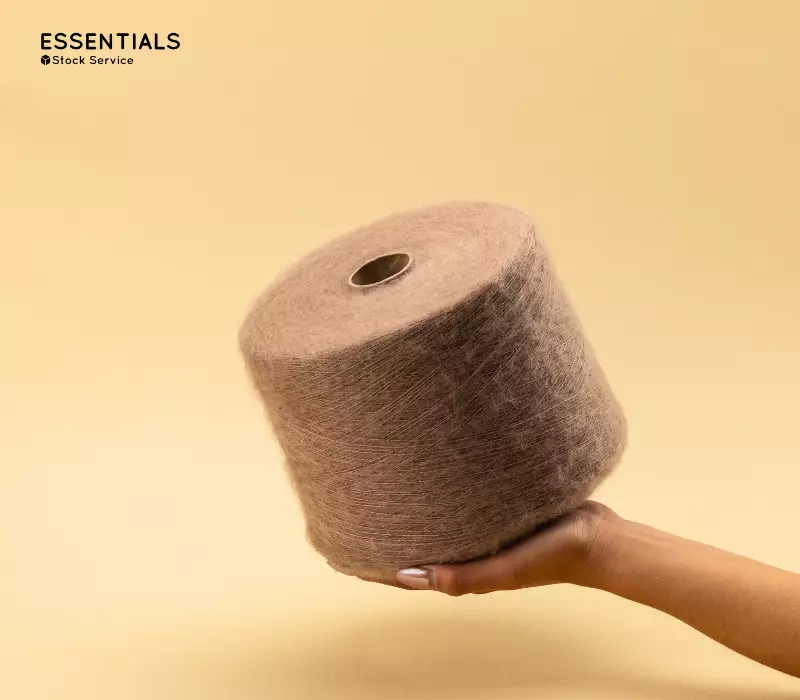If you’re a knitting enthusiast or just starting out in the world of yarn, you’ve probably wondered: what’s the difference between carded and combed yarn?
Both are popular in the textile industry, but they have unique characteristics that make them ideal for different projects.
In this blog, we’ll explain everything you need to know about carded yarn and combed yarn, from their manufacturing processes to their most common uses.
What is Carded Yarn?
Carded yarn is produced through a process called carding, which involves aligning fibers in an irregular manner.
This method does not separate long fibers from short ones, resulting in a yarn with a soft, fluffy, and warm texture.
Carded yarn has an irregular texture that gives it a rustic and natural look. They are ideal for projects that require warmth and a soft touch, such as scarves, blankets or sweaters. However, because it contains shorter fibers, it can be less durable than combed yarn.
At Essentials, we offer carded yarn in our Stock Service section. For example, our Carded ANDES TWEED Yarn is perfect for creating warm and cozy garments, while the Carded PUKYU Yarn offers unmatched softness for delicate projects.
What is Combed Yarn?
Combed yarn is produced through a more complex process. After carding, the fibers are carefully combed to remove shorter fibers and align the longer ones uniformly. This results in a smoother, stronger, and less fuzzy yarn.
The uniform texture of combed yarn makes it perfect for elegant and durable garments, such as dresses, shirts, or suits. Additionally, its greater strength makes it an excellent choice for projects that require precision, like amigurumi or socks.
In our Stock Service collection, you’ll find options like the MUHU Yarn, ideal for lightweight and fresh garments.
Key Differences Between Carded and Combed Yarn
To summarize, here are the main differences between the two types of yarn:
| Characteristic | Carded Yarns | Combed Yarns |
| Texture | Irregular, soft, and fluffy | Uniform, smooth and refined |
| Strength | Less durable | More durable and long-lasting |
| Volume | More voluminous | Less voluminous |
| Common use | Warm and rustic garments | Elegant and durable garments |
How to Choose Between Carded and Combed Yarn?
The choice between carded yarn and combed yarn depends on the project you have in mind. If you’re looking for a warm, soft, and textured finish, ideal for winter garments or rustic projects, carded yarn is your best option.
On the other hand, if you need a stronger, smoother, and more refined yarn, perfect for elegant garments or projects that require precision, combed yarn will be your ally.
Conclusion
At Essentials, we offer a selection of both types of yarns, from Kid Silk, renowned for its exquisite softness and durability, to carded options that provide warmth and volume for every project.
Find the perfect yarn for your next creation and explore our Stock Service options here.




